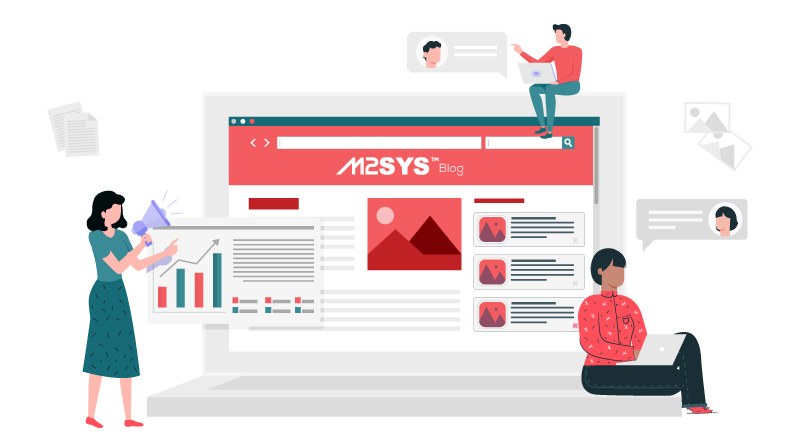Are Workers Stealing Time From Their Companies When Working From Home?
Due to the pandemic, it became essential for many workplaces to switch to remote work. For the majority of them it was the first time they had experienced this. Working remotely is a difficult task for anyone who has never experienced it before. It requires lots of discipline and planning to adjust to remote work in combination with their regular lives. On one hand, working remotely is isolating for employees, and on the other hand employers are also concerned about how the employees are working when they can’t physically see them. Employers are concerned about productivity and the number of hours that employees are committed to work.
Working from home can cripple productivity and other types of malpractices can cause organizations to lose money. Time theft is perhaps the most common way that money is lost by a company. Many employees are paid on hourly basis, so when some of these employees steal time, it means businesses have to pay for services they actually didn’t receive. It is a complete loss for businesses.
What is time theft?
Time theft is when an employee takes pay for time that they didn’t spend doing work for their company. Time theft is stealing time by pretending to do work. For example, while an employee working from home could spend long hours doing a non-work task without informing their manager. When working from home, many employees have the tendency to do their personal work during working hours without taking breaks, which is simply an act of time thief.
What can managers do to prevent time theft for their remote team?
Given that remote work has become extremely popular and many businesses plan to continue in the post-pandemic workplace, it is important to take steps to prevent time theft amongst your remote employees. .
Here are some best practices we recommend to prevent time theft:
● Establish rules and expectations: Regular communications with your remote employees is very important in letting them know the consequences that businesses face due to time theft. Let them know what companies think about it and what activities are considered time theft. Make your expectations regarding company goals and deadlines clear to all your remote employees. Give your employees ownership of their tasks without micromanaging and hold them accountable to it. You can use the same parameters to measure efficiency that you used in the pre-pandemic physical office. Defining company rules and expectations will help your remote team to understand your targets better. As a manager you are already familiar with their strengths, weaknesses, and work ethic.
● Create a remote work policy: Establish specific rules regarding attendance, working hours, breaks, team meetings, and so on to your employees who are working from home. You must also define time theft in your remote work policy and the consequences of stealing company time. Your parameters for evaluating performance should take those challenges into account.
● Pick an effective time-tracking software: It is impossible to implement the same time tracking policy for the remote employees that you used in your physical office. You need some form of cloud-based online time tracking solution to log attendance, track working hours, location, and breaks taken by the remote employees. This time tracking software will bring transparency and make your remote workers accountable for their work. Make sure you pick a time tracking software that has features that fits your business requirements fully. Features like GPS location-tracking can ensure your employees are tracking time for themselves and not working from any unauthorised location. Once you implement such software, give your employees proper training on how the software works and why you are using such software. You should be clear about when time needs to be tracked and how the software tracks employee working hours. Letting your employees know in -detail about the software will create a sense of loyalty towards the company for being honest with them about tracking.
● Support employees’ well- being: As a manager, in addition to thinking about the growth of the company, you must also understand that your employees have other responsibilities to perform. They are constantly struggling to separate work and home, putting themselves at the risk of a burnout. Besides having time tracking software, trusting remote employees and encouraging them to be productive is another way to combat time theft. Plus recognizing your employees’ hard work can boost morale and make them feel valued by the company. It motivates employees to do better and it’s a part of creating a positive workplace culture. Employees who feel supported are more likely to perform better overall.
Conclusion
Time theft is a form of fraud activity that companies of all sizes want to prevent. An employee time tracking system can help you prevent and identify other problems as well. When choosing a time tracking software, you must do some research and pick the best tool. CloudDesk is a powerful yet simple software that monitors and keeps track of the work activities of remote employees. The software keeps record of employee working hours, login/logout time, measures productivity, takes random screenshots, and keeps track of web/app usage. CloudDesk also has a face verification feature that takes random clicks of employees while employee work , ensuring that the right employee is the one doing the work. The quicker you install CloudDesk, the sooner you learn about the benefit for the ultimate growth of your company. Learn how CloudDesk software works today by launching a free plan.












